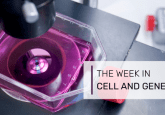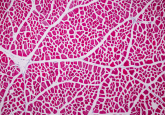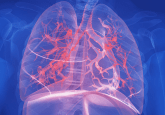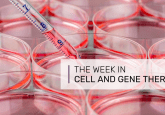Top 3 grants in regenerative medicine: October 2023
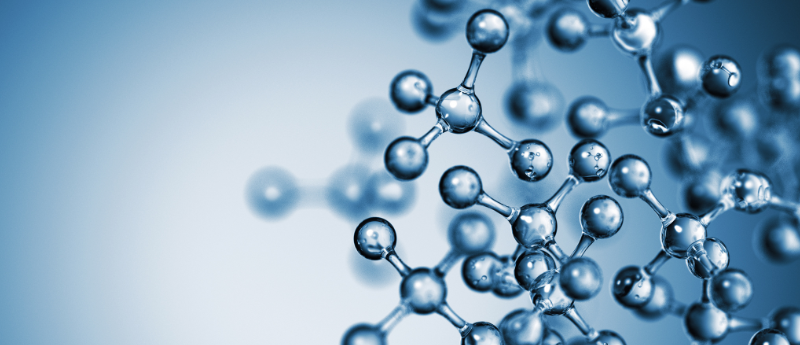
This month’s top grants in regenerative medicine, sourced from Dimensions, include projects on developing strategies to prevent rejection and enhance the effectiveness of cardiac stem cell therapy, developing biomaterials with controlled rheological properties that enhance collagen expression by chondrocytes and identifying potential therapeutic targets to reverse epithelial abnormalities that contribute to the pathogenesis of idiopathic pulmonary fibrosis.
Check out this month’s top grants in regenerative medicine:
Determinants of immunogenicity of allogeneic mesenchymal stem cells in the ischemic heart
Stem cell-based therapies show promise for treating heart disease and repairing the heart after injury, for example, following a heart attack. However, recent studies have encountered challenges due to the host immune system rejecting donor-derived stem cells.
This research project aims to investigate the cell signaling pathways that lead to the rejection of transplanted donor-derived mesenchymal stem cells in the heart. Researchers will use both mouse and human mesenchymal stem cells to understand the causes of rejection and explore ways to modify these cells for better survival following transplant. The ultimate goal is to develop strategies to prevent rejection, enhance the effectiveness of cardiac stem cell therapy and improve the quality of life for heart disease patients.
Funding amount: US$76,029
Funding period: 1 October 2023 – 30 September 2028
Funder: Canadian Institutes of Health Research (CIHR)
Research organization: St. Boniface Hospital (Winnipeg, Canada)
Preparation of hydrogels containing type II collagen and carrageenan for cartilage regeneration
An important area of tissue engineering research focuses on generating biomimetic materials that are capable of stimulating cartilage regeneration. These hydrogel materials must be similar in structure and composition to natural cartilage and, since collagen is one of the main components of cartilage, it has become a mainstay in hydrogel production. Adding sulfated glycosaminoglycans to collagen-based hydrogels has also been shown to mimic the natural extracellular environment more faithfully.
Chondroitin sulfate is one of the main sulfated glycosaminoglycans that make up cartilage. However, it has some undesirable characteristics, such as high costs, which limit its utility in hydrogels. The sulfated polysaccharide kappa-carrageenanase presents a desirable alternative.
This project aims to compare the mechanical properties and chondrocyte response of type II collagen hydrogels with kappa-carrageenan, collagen-only matrices and collagen with chondroitin sulfate. The goal is to develop biomaterials with controlled rheological properties that enhance collagen expression by chondrocytes.
Funding amount: Undisclosed
Funding period: 1 October 2023 – 30 September 2024
Funder: São Paulo Research Foundation (FAPESP)
Research organization: University of São Paulo (São Paulo, Brazil)
Characterization of phenotypic plasticity of IPF alveolar epithelial type II cells
The lung alveolar epithelium comprises two cell types: alveolar epithelial type I cells (AEC1), responsible for gas exchange, and alveolar epithelial type II cells (AEC2), serving as AEC1 progenitors. In idiopathic pulmonary fibrosis (IPF), AECs exhibit morphological and phenotypic abnormalities, with AEC2 transitioning into hybrid cells expressing both AEC2 and AEC1 markers, while airway-like cells appear in the alveolar region. These abnormalities are associated with disease progression, triggering fibroblast activation, extracellular matrix accumulation and inflammation.
To investigate these anomalies, researchers will employ 3D organoids derived from primary human AEC2. Preliminary data reveal differences in plasticity between IPF and normal AEC2 in organoid culture. This study aims to understand the regulatory pathways underlying these differences in plasticity, ultimately identifying potential therapeutic targets to reverse epithelial abnormalities that contribute to the pathogenesis of IPF.
Funding amount: US$100,00
Funding period: 1 October 2023 – 30 September 2025
Funder: Pulmonary Fibrosis Foundation (PFF)
Research organization: University of California, San Diego (CA, USA)
